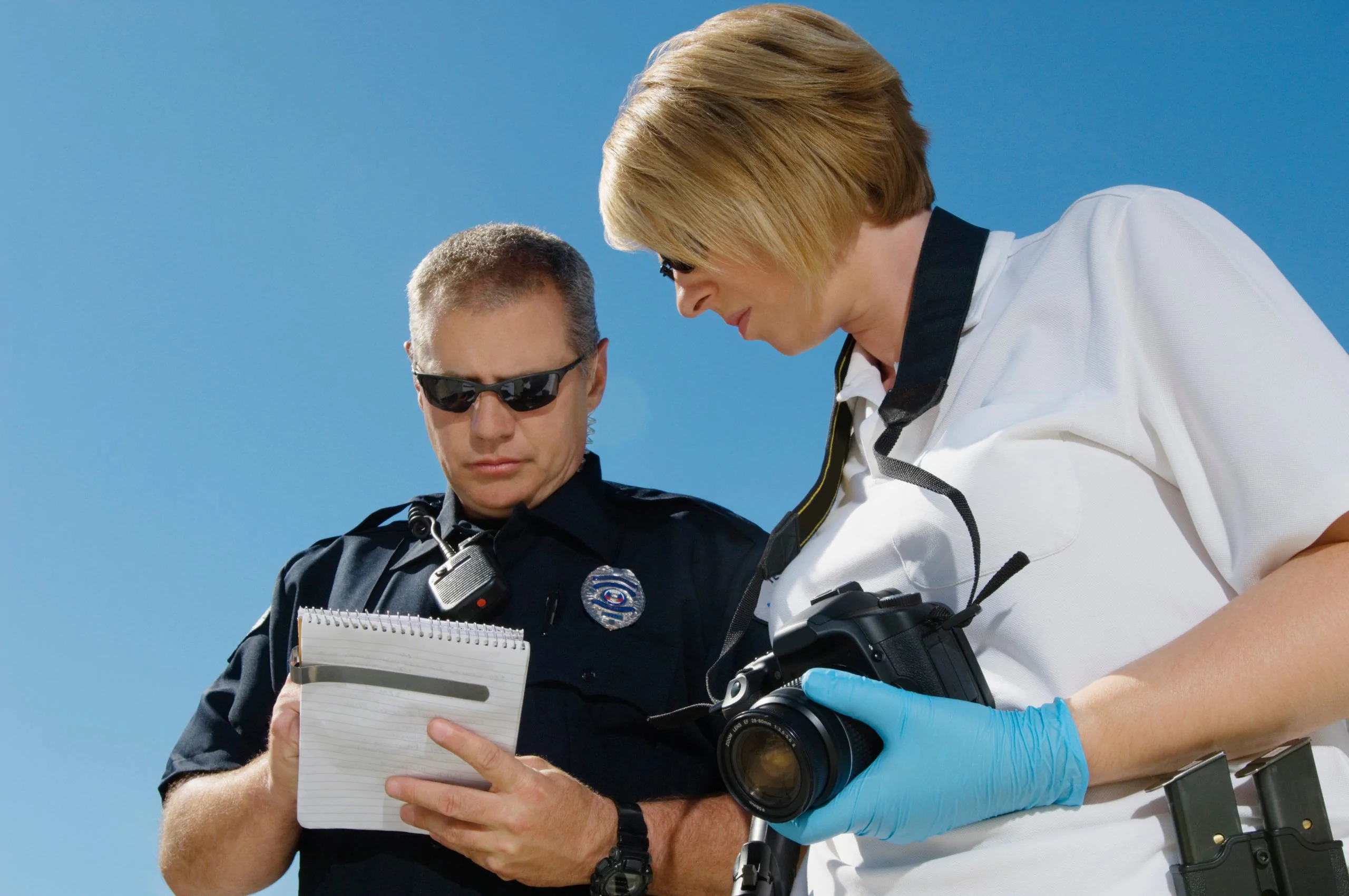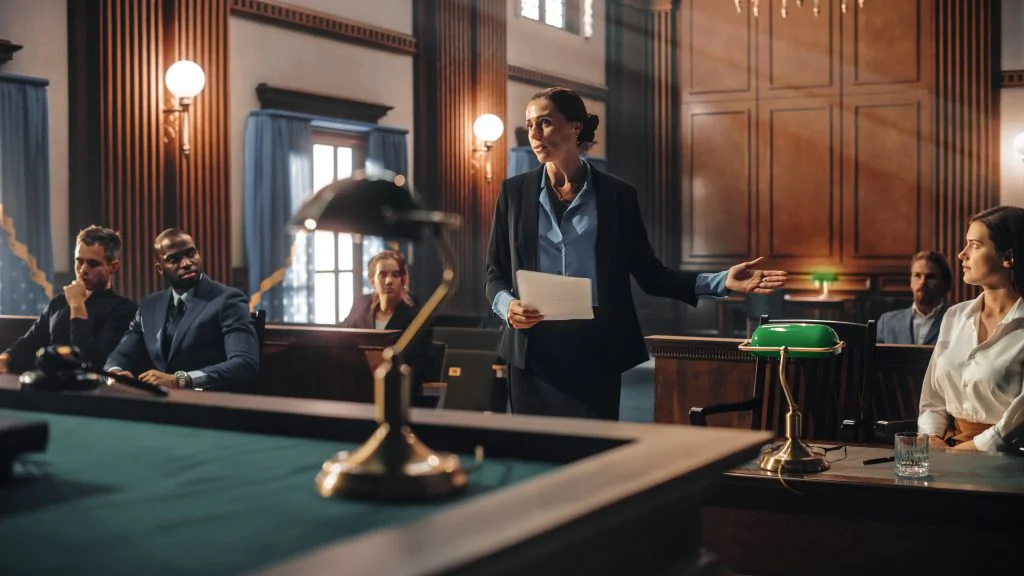Police reports are incredibly valuable pieces of evidence to those who seek compensation for damages sustained in an accident caused by negligence. Victims of an accident must know how to obtain a police report, as they can provide an uniquely unbiased account of what occurred during an accident, which is often used to help courts determine liability and innocence.
What is a Police Report?
A police report is a document created by law enforcement officers to record the details of a scene of a crime, auto accident or other incident. These details typically include the date, time, and location where it occurred. Police reports also typically contain the names and statements of all individuals involved in the incident, including outside witnesses, as well as any citations or charges that were issued.
How to Get Your Police Report
First, you will need to locate the appropriate police department. If you are the victim of a crime or were involved in an accident, the police department that handles the incident will typically have the report on file. You can find the contact information for your local police department by searching online.
Once you have the contact information for the appropriate police department, you can call or visit in person to request a copy of the police report. In some cases, you may be able to request a report online through the department’s website. However, you may need to provide identification or proof of your relationship to the incident in order to obtain a copy of the report.
Steps to Get a Police Report Online
The steps to obtain a police report online can vary depending on the jurisdiction, but generally, the process includes the following:
- Visit the website of the police department that made the report.
- Look for a link or section on the website for “Obtaining Police Reports” or something similar.
- Follow the instructions for requesting a report, which may include providing identifying information about yourself and the incident, such as your name, date of birth, and the report number.
- In some cases, you may be required to provide proof of your identity, such as a driver’s license or state ID.
- Submit your request and pay any required fees.
- Once your request is processed, you will be able to view, download or get a hard copy of the report.
Jurisdiction websites will direct you to whatever website your report is stored on (typically LexisNexis or Crashdocs). However, you will need to know your report number in order to access your report from these sites. If you don’t have your report number, you can still obtain your police report through your state’s DMV website. DMV sites often prove to be the easiest way to access police reports, and is the method most commonly used by lawyers in their investigations.
How Long Does it Take to Get a Police Report?
Most police reports are available about 7-10 days after the accident, some may be uploaded earlier, but generally 7-10 days or longer. It’s important to note that different departments have different procedures to follow when it comes to requesting a police report and the time frame to receive it. For example, police reports filled in New Jersey will always be available exactly 14 days after an accident.
Also, there may be a cost associated with obtaining a copy of a police report, so be sure to ask about any fees before requesting a report.
Using a Police Report as Evidence in a Personal Injury Case
If you are seeking a police report for a personal injury case, the report can be used as evidence to support your claim. It can provide valuable information about the incident, such as the cause of the accident, the names of any involved parties, and any observations made by the responding officers and witnesses.
Keep in mind that the report is usually written by an officer who wasn’t a direct witness of the incident, and therefore may not include everything that happened or how it occurred. In these cases, evidence including witness testimonials and camera footage will help fill in these gaps when building your case.
In unique situations, a report may not be admissible as evidence in court as it is considered as a “hearsay” and may not be considered as credible by a judge. Help from a personal injury attorney can help you navigate these issues.
Other Documents Needed to Build a PI Case
In addition to a police report, other documents that may be helpful in a personal injury case include medical records, witness statements, photographs of the scene, and any other relevant documentation. An experienced personal injury attorney can help you gather and review all of the necessary evidence to build a strong case.
Benefits of Having an Attorney Obtain Your Police Report
Personal injury lawyers have the experience and knowledge to navigate the process in order to:
- Get the report as quickly as possible.
- Understand the legal process of obtaining the report, and how to access it if the report is confidential or restricted.
- Build a stronger case with evidence included in the police report including potential witnesses or evidence.
- Navigate any legal issues that may arise when trying to get the report, such as fees and restrictions.
Having an experienced attorney by your side during the process can help to ensure that you get the information you need to build a strong case and to receive the maximum compensation you are owed.
Get Your Police Report with Help from an Attorney
Obtaining a police report is an important step in starting a personal injury case. However, the process and the information in it can vary by location and incident. It’s always best to work with an attorney to ensure that you have all the information you need to guide you through the process of obtaining a report and interpreting it for your specific case.
Call 855-468-7626 or contact Sobo & Sobo online to schedule your free consultation with an experienced injury attorney, and get the help you need to obtain the documents necessary for building a successful case.




